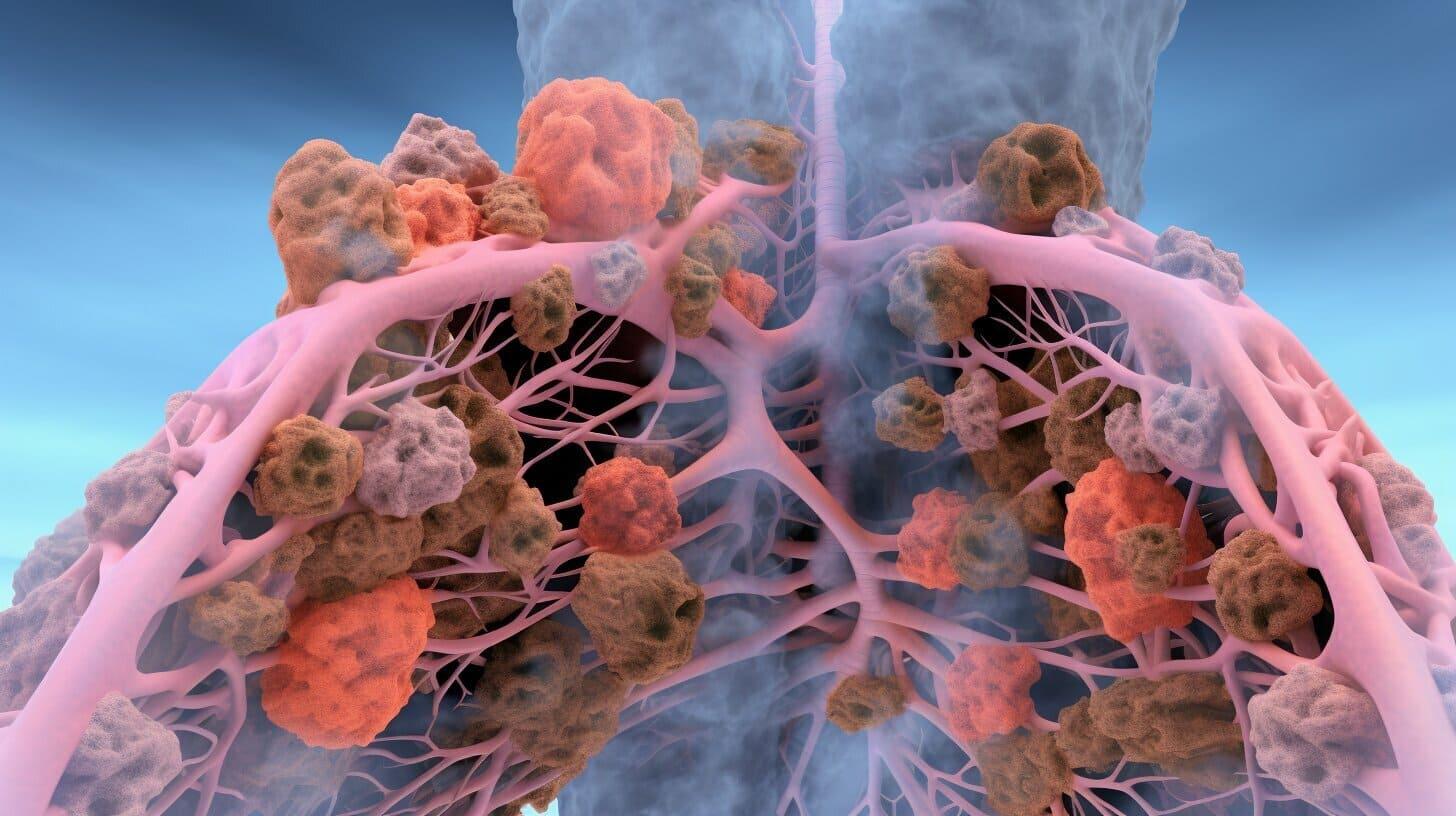KEY TAKEAWAYS
- The Phase 2&3 trials aimed to investigate Vit C supplementation in pregnant smoker patients, improved lung function, and reduced wheeze by assessing buccal cell DNA methylation.
- Researchers noticed persistent buccal DNA methylation effects from prenatal Vit C supplementation in pregnant smoker patients, influencing lung function and wheeze occurrence.
In the “Vitamin (Vit) C to Decrease the Effects of Smoking in Pregnancy on Infant Lung Function” randomized clinical trial (RCT). The previous study reported that supplementation with Vit C (500 mg/day) in pregnant smokers is associated with improved respiratory outcomes persisting through 5 years of age. This finding holds significance in the context of mitigating the risk of lung cancer associated with maternal smoking during pregnancy.
Lyndsey E Shorey-Kendrick and her team aimed to evaluate the potential association between buccal cell DNA methylation (DNAm), serving as a proxy for airway epithelium, and both Vit C supplementation and its effects on lung function improvement and reduced incidence of wheezing.
Researchers performed an inclusive analysis through epigenome-wide association studies (EWAS) employing Infinium Methylation EPIC arrays on buccal DNAm from 158 subjects (80 placebo; 78 Vit C). Pulmonary function testing (PFT) at the 5-year visit served as the basis for EWAS investigating Vit C treatment, forced expiratory flow between 25 and 75% of expired volume (FEF25-75), and offspring wheeze.
Models were meticulously adjusted for sex, race, study site, gestational age at randomization (≤ OR > 18 weeks), proportion of epithelial cells, and latent covariates. In EWAS for FEF25-75, child length at PFT was additionally considered. Genome-wide significance was set at FDR-adjusted P < 0.05, while nominal significance (P < 0.001) identified candidates for downstream analyses. Buccal DNAm data from a subset of subjects at birth and near 1 year of age were incorporated to discern the origin and temporal emergence of DNAm signatures.
About 457 differentially methylated CpGs (DMCs; 236 hypermethylated; 221 hypomethylated) achieved FDR significance (Q < 0.05) due to Vit C treatment at 5 years of age. Additionally, 53 differentially methylated regions (DMRs; 26 hyper; 27 hypo) were identified.
For the forced expiratory flow of expired volume (FEF25-75), one DMC (cg05814800) reached FDR significance, along with 1,468 candidate DMCs (P < 0.001) and 44 DMRs.
Current wheeze showed associations with 0 FDR-DMCs, 782 candidate DMCs, and 19 DMRs (P < 0.001). It is notable that within the 365/457 Vit C FDR significant DMCs at 5 years of age, there was no significant interaction between time and treatment.
The study concluded that Vit C supplementation in pregnant smokers is linked to persistent buccal DNA methylation in offspring at 5 years of age. These methylation signatures correlated with current lung function and wheeze occurrence, with enriched loci associated with Vit C.
The study is sponsored by Oregon Health and Science University
Source: https://pubmed.ncbi.nlm.nih.gov/38413986/
Clinical Trials:
https://clinicaltrials.gov/study/NCT01723696
https://clinicaltrials.gov/study/NCT03203603
Shorey-Kendrick LE, McEvoy CT, Milner K, et.al (2024). “Improvements in lung function following vitamin C supplementation to pregnant smokers are associated with buccal DNA methylation at 5 years of age.” Clin Epigenetics. 2024 Feb 27;16(1):35. doi: 10.1186/s13148-024-01644-8. PMID: 38413986; PMCID: PMC10900729.



